Neurological Conditions, Brampton

Neurological Conditions, Brampton Acupuncture
Our Acupuncture Treatment for neurological conditions at Brampton Naturopath Osteopath Clinic is rooted in traditional Chinese medicine. This therapeutic approach involves the precise insertion of ultra-fine needles into specific points on the body, believed to correspond to internal organs and systems. By targeting these points, acupuncture aims to restore balance and enhance overall function.
Neurological health can be significantly influenced by lifestyle factors and environmental stressors. For individuals dealing with Neurological Conditions, acupuncture offers a natural and holistic pathway to relief and improved well-being. Clinical studies have found that electroacupuncture, a modern adaptation of traditional acupuncture, can stimulate the release of neurotransmitters in the brain—helping to alleviate symptoms related to anxiety, depression, and other neurological imbalances.
This electrical stimulation also enhances physical health by supporting better digestion, improved circulation, and more restful sleep.
Acupuncture has demonstrated positive effects on a wide range of health issues—from mild discomfort to serious neurological and chronic conditions. At the Brampton Naturopath Osteopath Clinic, our experienced practitioners regularly work with patients seeking natural solutions to neurological disorders and related challenges.
Brampton's Best Acupuncture Clinic
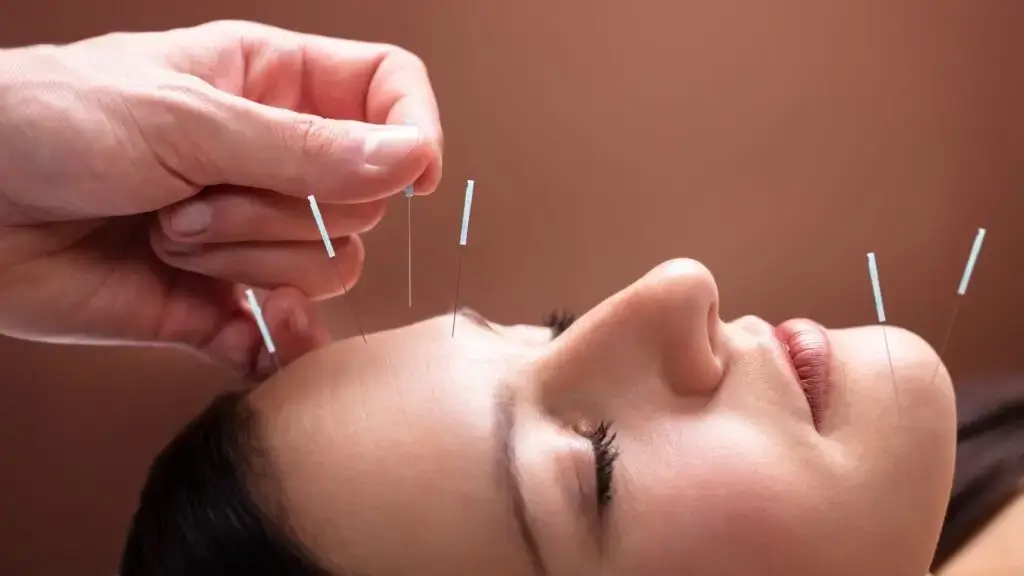
What are Benefits of Acupuncture for Neurological Conditions?
Neurological conditions such as neuralgias, chronic migraines and headaches, tinnitus, vertigo, peripheral neuropathy, and others may benefit significantly from acupuncture therapy. This time-tested treatment works by enhancing circulation and reducing inflammation in the affected regions, which can relieve discomfort and improve neurological function.
As a non-invasive and drug-free approach, acupuncture requires no surgery or anesthesia, making it a safe alternative or complementary option for many patients. In addition to its physical benefits, acupuncture can also help reduce stress and anxiety, promoting a greater sense of mental and emotional well-being.
While generally well-tolerated, the most common side effects of acupuncture are mild and temporary, such as slight soreness or minor bruising at the needle insertion sites.

Headaches
Headaches are a common neurological condition that affect millions of people and can range from mild discomfort to severe, debilitating pain. They may be triggered by various factors such as stress, illness, or injury, and symptoms often differ from person to person. While some headaches last only a few hours or days (acute), others can persist for a week or longer and may become chronic in nature.
Acupuncture treatment is widely recognized as an effective approach for managing headaches. By targeting specific acupuncture points on the body, this therapy helps regulate energy flow, reduce muscle tension, and improve blood circulation. As a result, patients often experience a decrease in the frequency and intensity of headaches, along with improvements in energy levels, mood, sleep quality, and reduced anxiety or depression.
Acupuncture involves the insertion of ultra-thin needles into carefully selected points that correspond to the body’s organ systems and meridian pathways. This holistic, non-pharmacological treatment offers lasting relief with minimal side effects.
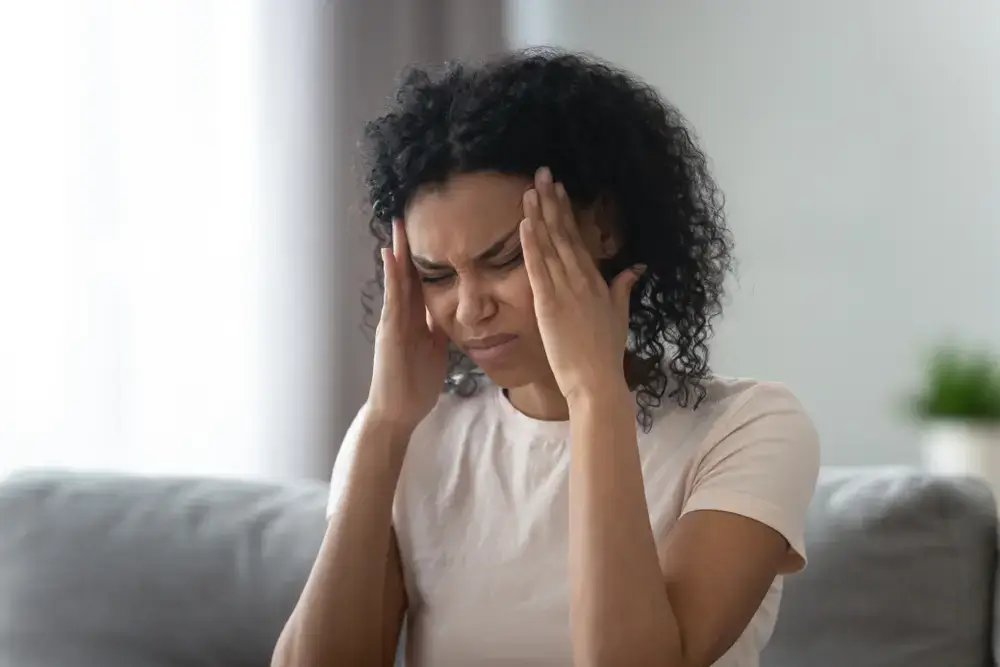
Migraines
Migraines are a severe form of headache that often come with additional symptoms such as visual disturbances (auras), nausea, and sensitivity to light and sound. In many cases, individuals who suffer from migraines also experience emotional challenges like anxiety and depression. While migraines tend to be more prevalent in women, they can affect anyone, and their frequency can vary—from occasional episodes to daily occurrences.
Acupuncture therapy, a core practice of Traditional Chinese Medicine for over 2,000 years, is widely used to relieve migraine symptoms and improve overall quality of life. The technique involves the insertion of ultra-fine needles into specific points on the body to regulate energy flow, reduce tension, and stimulate natural healing processes.
Many acupuncture sessions may also incorporate additional therapeutic techniques such as gentle electrical stimulation, cupping (mouth suction), and trigger point release. These methods can help decrease migraine frequency and intensity. Patients often report enhanced relaxation and discover valuable self-management tools like breathing and mindfulness techniques through their acupuncture journey.
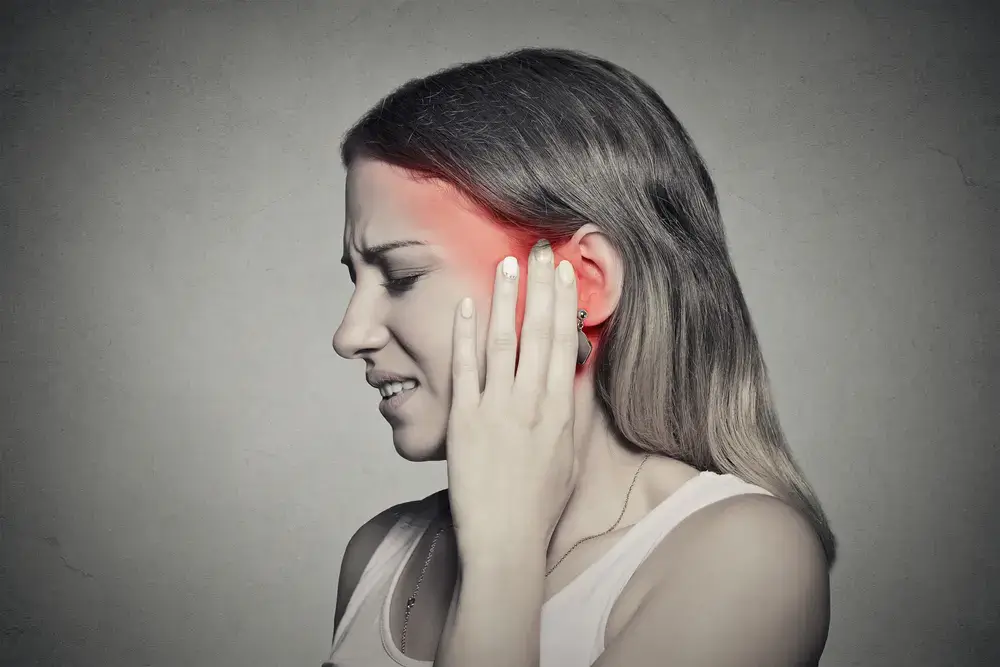
Neuralgias
Neuralgias are characterized by sudden, sharp, or stabbing pain that typically affects the head, neck, or face. These intense sensations often occur on one side of the body and may last anywhere from a few seconds to several minutes. Neuralgias can be triggered by various underlying causes such as nerve damage, disc degeneration, infections, or even tumors. There are several types of neuralgia, including trigeminal neuralgia and occipital neuralgia, each requiring targeted approaches for treatment.
Acupuncture has shown promising results in managing neuralgia-related pain. This traditional Chinese therapy involves the insertion of ultra-fine needles at strategic points on the body to reduce nerve irritation, relieve pressure, and improve circulation. For patients suffering from conditions like trigeminal neuralgia, acupuncture can significantly alleviate pain and restore quality of life.
Many individuals report long-lasting relief from neuralgia symptoms with consistent acupuncture sessions—without the side effects often associated with medications. The treatment is known to be highly effective, with studies citing success rates of over 90% in some cases.
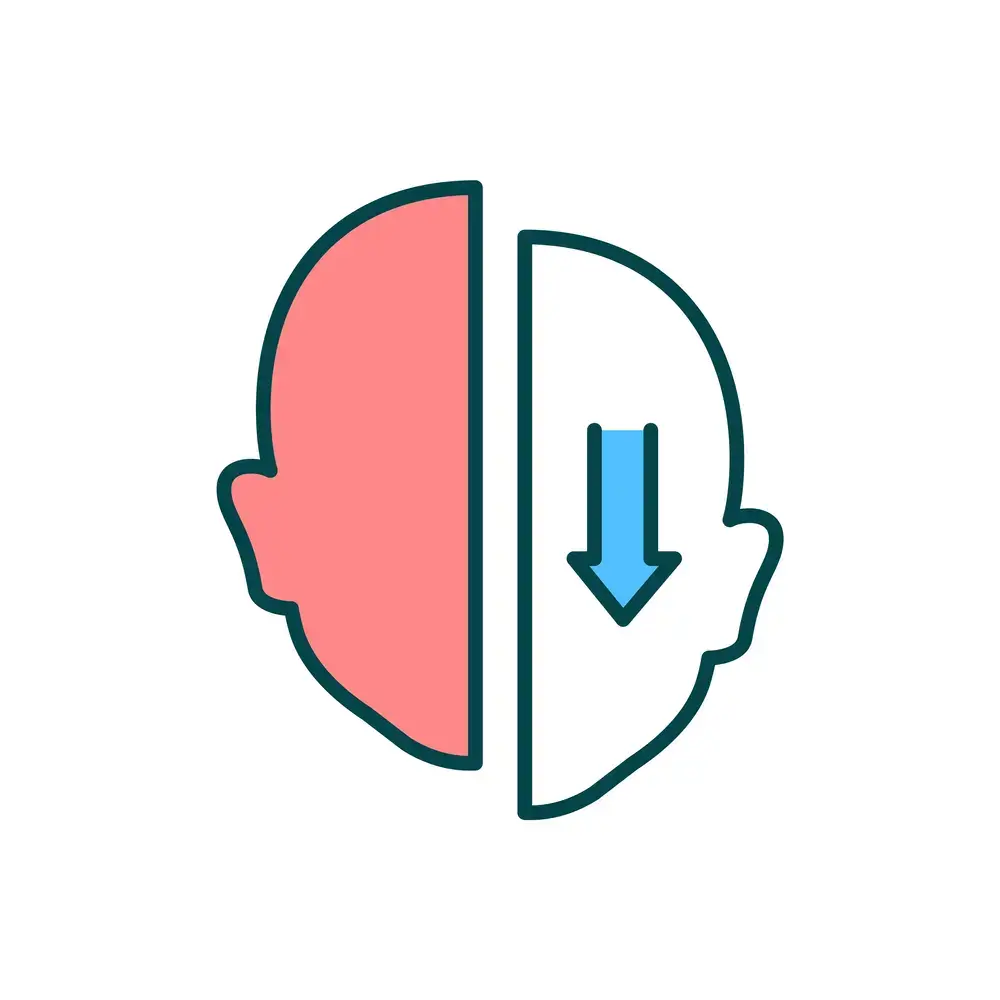
Forms of Paralysis
Paralysis is a neurological condition characterized by the partial or complete loss of muscle function in one or more parts of the body, such as the limbs, torso, or head. The severity and duration of paralysis can vary—some cases are temporary and resolve within days, while others may be permanent and significantly impact daily life.
Acupuncture, a cornerstone of Traditional Chinese Medicine, has gained global recognition for its ability to support recovery in individuals with paralysis, particularly those affected by neurological conditions. This therapy involves the strategic placement of fine needles into specific points on the body to stimulate nerve activity and promote healing.
In patients with paralysis, acupuncture has been shown to enhance nerve function, reduce muscle spasms, and improve circulation—factors that are essential for motor recovery. By activating the body’s natural healing processes, acupuncture may help restore partial mobility, reduce discomfort, and improve overall quality of life.
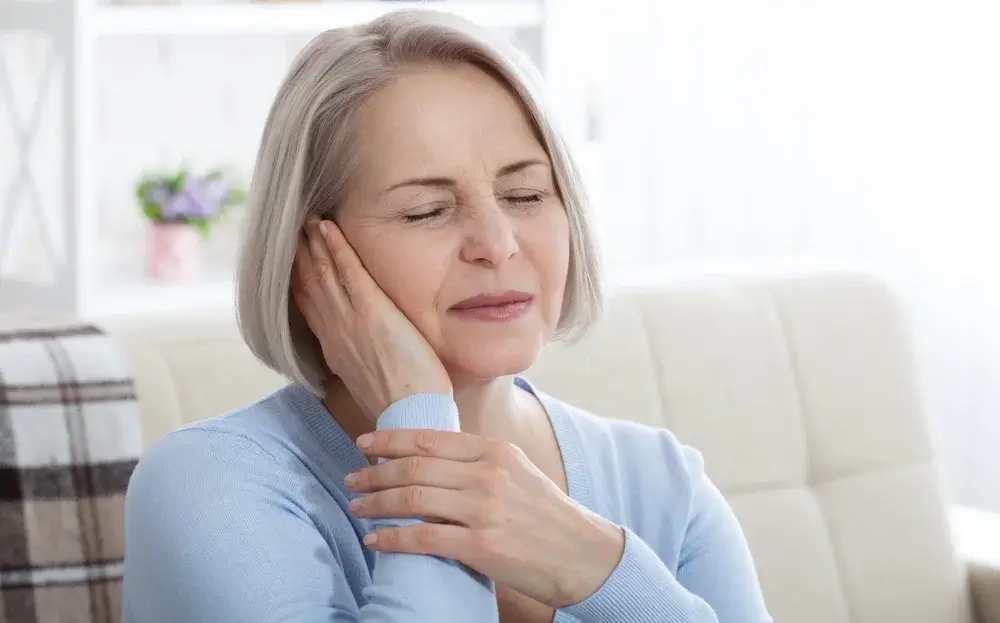
Tinnitus
Tinnitus is a condition characterized by hearing sounds that have no external source. These phantom sounds can vary in type and intensity and are generally classified as either objective or subjective. Objective tinnitus—such as hissing, roaring, or pulsating noises—can sometimes be detected by others nearby. Subjective tinnitus, which includes buzzing, ringing, clicking, or tapping, is only perceived by the individual affected and is far more common.
Acupuncture therapy offers a gentle, drug-free approach to managing tinnitus symptoms. While conventional treatments often involve medications or surgery—both of which can be costly and carry potential side effects—acupuncture is a safe, holistic alternative grounded in Traditional Chinese Medicine.
By inserting fine needles at targeted acupoints, acupuncture aims to restore balance within the nervous system, improve circulation, and reduce underlying inflammation that may contribute to tinnitus. Many patients experience relief in the intensity and frequency of their symptoms, making acupuncture a promising option for those seeking natural tinnitus management.
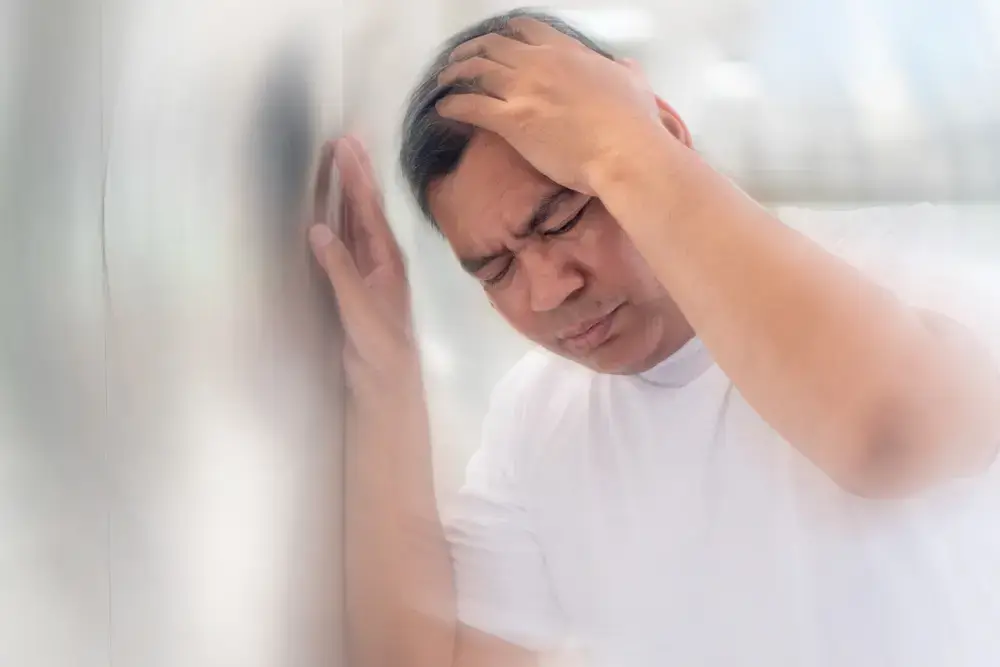
Vertigo
Vertigo is a disorienting symptom that creates the sensation of spinning or movement, even when you're still. It may feel as though the room is rotating around you, and episodes can be either brief or prolonged. Alongside the spinning sensation, individuals may also experience dizziness, nausea, vomiting, ringing in the ears (tinnitus), light and sound sensitivity, or even a rapid heartbeat.
Acupuncture therapy provides a gentle, non-invasive option for those suffering from vertigo. Rooted in Traditional Chinese Medicine, acupuncture involves inserting ultra-fine needles into specific points on the body to restore energetic balance and support nervous system function.
Unlike medications or surgery, acupuncture does not come with harsh side effects, and treatments are generally short in duration. Most individuals respond well within an average of 8–10 sessions. It's an affordable, natural approach that has shown promising results in reducing dizziness and improving overall balance. For those looking for safe, drug-free relief from vertigo, acupuncture is a compelling and effective choice.
Brampton Naturopath Osteopath Clinic: Acupuncture Services
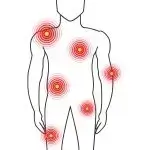
Musculoskeletal Pain
Musculoskeletal pain can range from mild to severe pain. There are many benefits of acupuncture including decreased pain, reduced inflammation, and improved function.
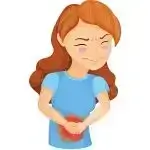
Obstetrics, Gynecological Conditions
Acupuncture, a traditional Chinese medicine technique, has been used in obstetrics and gynecology to relieve pain and other symptoms such as labor pain, menopause, menstrual cramps, and infertility. It also helps with insomnia and other painful conditions like trigeminal neuralgia.
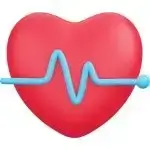
Cardiovascular Disorder
Cardiovascular disorders affect the heart and the circulation of blood. They can be classified as either congenital or acquired and can also include cardiomyopathies.
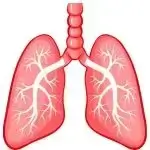
Respiratory Conditions
Acupuncture works to complement Western Medicine and can be a successful treatment for respiratory conditions. Acupuncture for respiratory conditions have been found to improve the quality of life for patients with asthma and COPD.
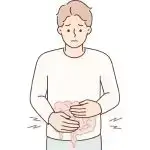
Digestive Disorders
Digestive disorders include many different conditions that can cause pain or discomfort in the stomach, intestines and other parts of the digestive tract. Acupuncture has been found to provide relief for gastrointestinal disorders.
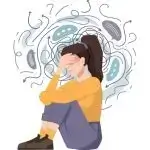
Psychological Conditions
Psychological conditions can be used both to prevent or stop anxiety, depression, PTSD, addiction, and other emotional problems. It has shown to be effective in treating both physical and psychological conditions.
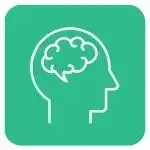
Neurological Conditions
Acupuncture has been shown to be effective in conditions ranging from minor pain to deadly cancer and neurological disorders. Scientific research has shown that electroacupuncture promotes the release of neurotransmitters in the brain which can help ease symptoms associated with anxiety and depression.

Pregnancy Care
Acupuncture services for pregnancy can be a great way to provide relief and support during the journey. Acupuncture helps to regulate hormones and can help with issues such as morning sickness, back pain, fatigue, and more.
If you liked this content and found it to be informative, please rate it.

